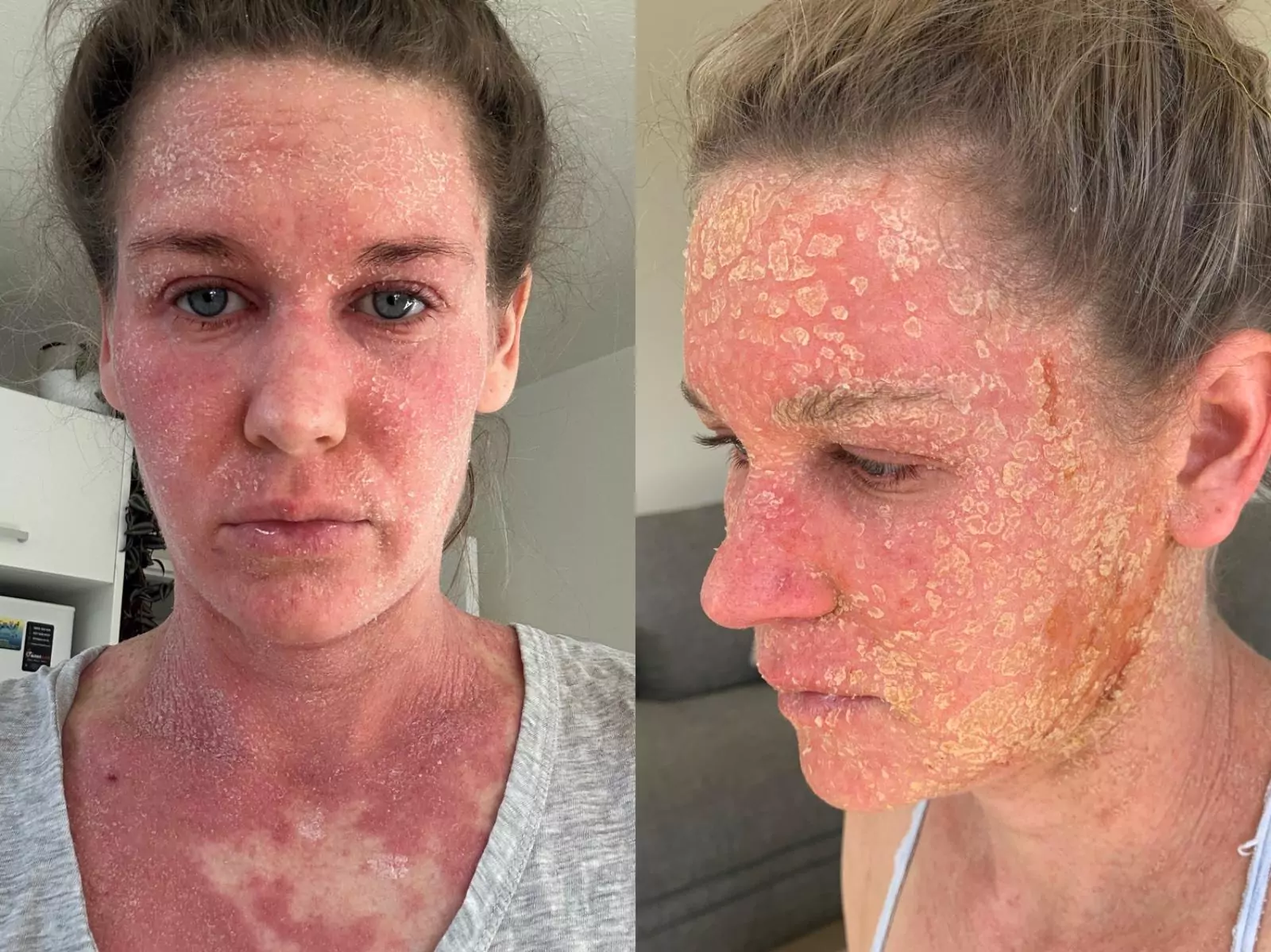The study, led by Dr. Hayley Bradley and Dr. Siobhan Campbell, recent PhD graduates, alongside Professor Julia Rucklidge from the Faculty of Science, focused on the use of micronutrients (high doses of vitamins and minerals) as a treatment for antenatal depression.
The research produced promising outcomes, with 75 percent of participants experiencing remission in their symptoms of depression in both the micronutrient and placebo groups.

Professor Julia Rucklidge
However, 69 percent of those in the micronutrient group reported significant improvement compared to only 39 percent in the placebo group.
Professor Rucklidge highlighted the benefits observed in the micronutrient group. “The clinicians rated the participants on micronutrients as having greater change in their global functioning compared with those on placebo. Sleep also improved more on micronutrients,” she said.
Blood tests during pregnancy indicated that increased micronutrient intake led to meaningful increases in vitamins B12 and D levels, and fewer women developed vitamin C deficiency compared to those in the placebo group. The positive mood improvements seen in both groups suggest that increased attention and care during pregnancy can significantly enhance mood, independent of medication.
An exciting finding of the study was the low rate of side effects from micronutrients. “Both groups reported similar side effects, showing the micronutrients themselves have little to no side effects, whereas anti-depressant side effects can include nausea, insomnia, and loss of appetite among other symptoms, which can be another barrier to taking medication,” said Professor Rucklidge.
Micronutrients proved particularly beneficial for participants with a history of psychiatric medication use or those more susceptible to mental health struggles. Observational follow-up of infants born to mothers who took micronutrients antenatally showed positive effects on infant regulation, comparable to or better than typical pregnancies and superior to those exposed to antidepressants. The infants were monitored for one year, with no negative effects on temperament observed.
The NUTRIMUM trial recruited 88 women in their second trimester of pregnancy who reported depressive symptoms. They were randomly allocated to receive either broad-spectrum micronutrients or an active placebo containing iodine and riboflavin for a 12-week period. A reference group of mothers not taking the high-dose micronutrients or antidepressants was also followed.
Professor Rucklidge said “Until now, there have been no published randomized controlled trials on micronutrients for antenatal depression. This type of trial is considered the gold standard method of assessing whether a treatment works, specifically designed to assess the efficacy and safety of broad-spectrum micronutrients on symptoms of antenatal depression and overall functioning.”









